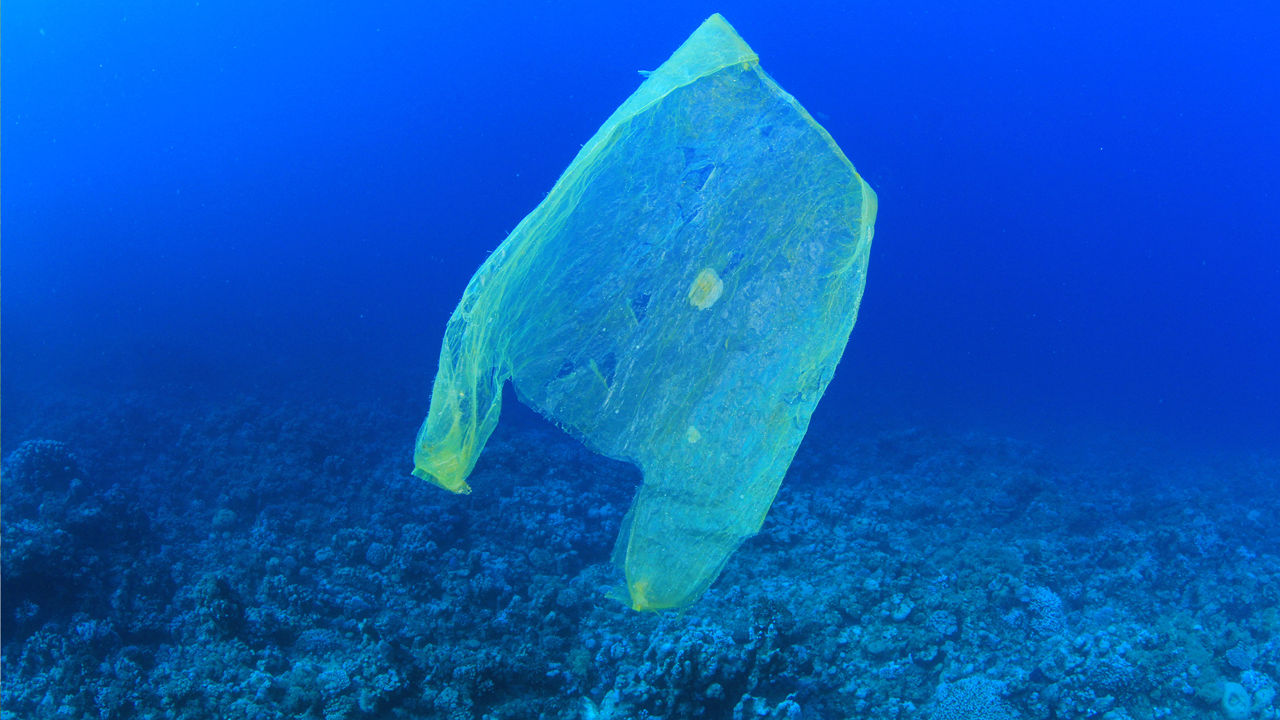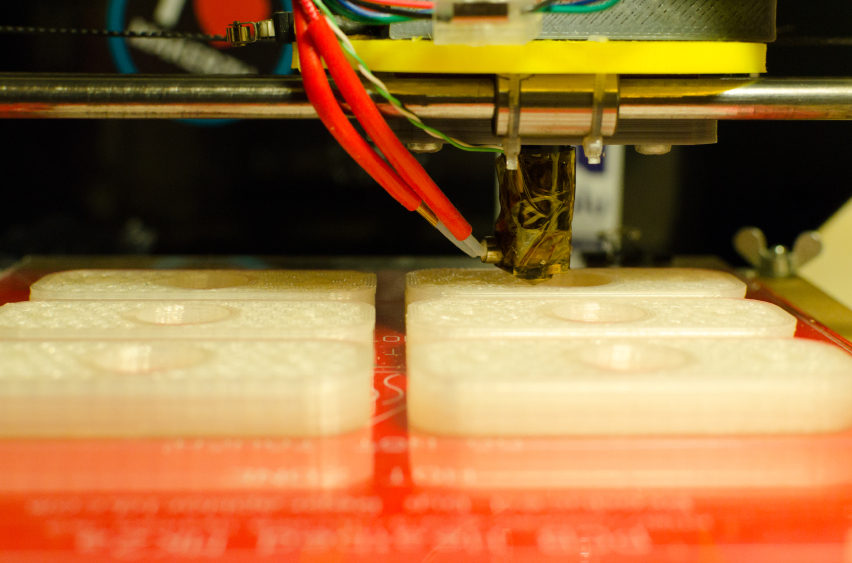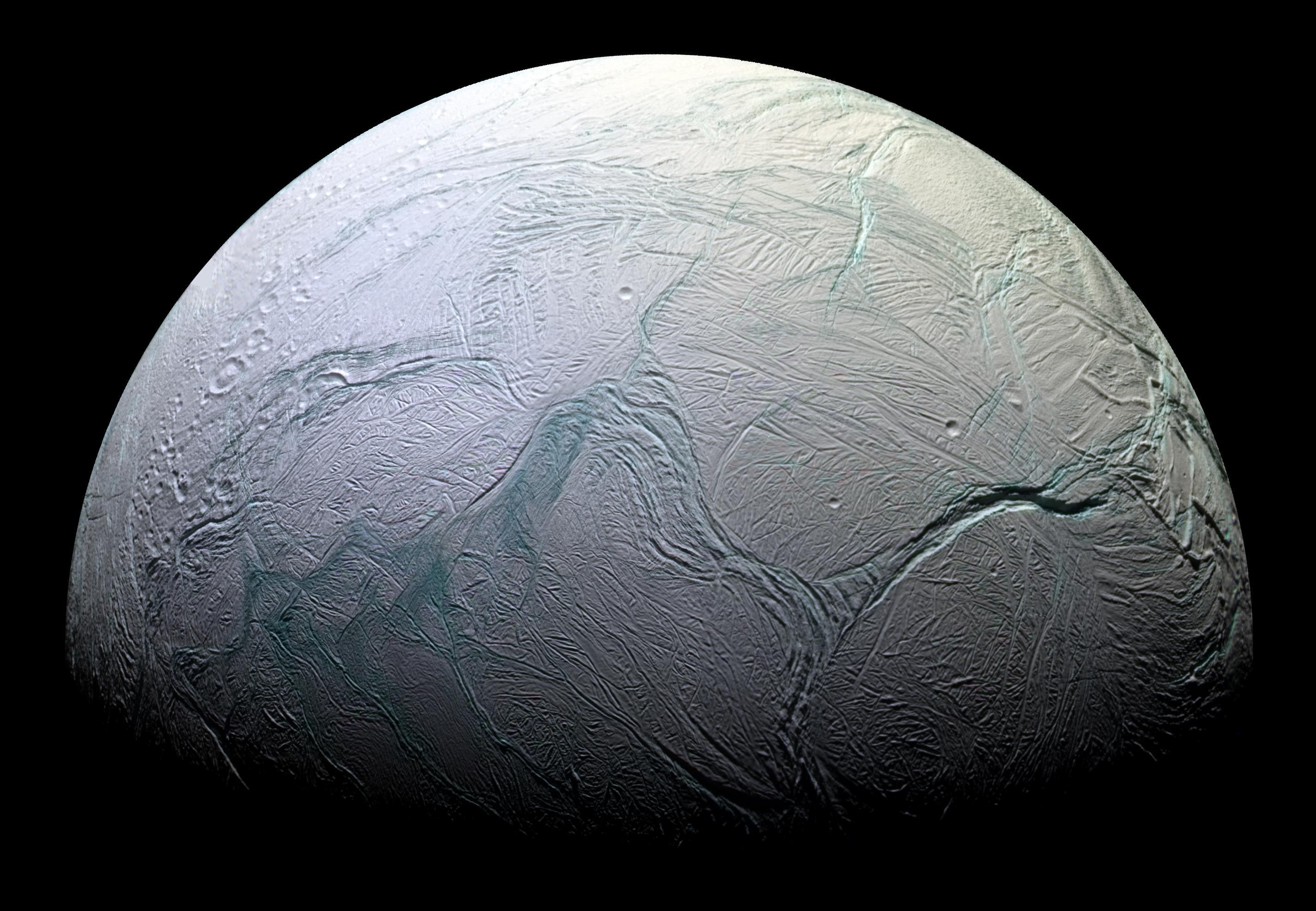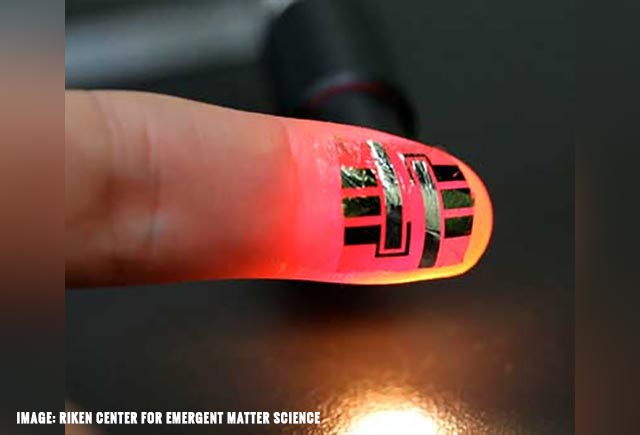Mobile reactor turns ocean plastic waste into invaluable diesel fuel
01/09/2019 / By Frances Bloomfield

On April 3, 2017, Swaminathan Ramesh, Ph.D., presented his project to the attendees of the 253rd National Meeting & Exposition of the American Chemical Society (ACS) in San Francisco. In partnership with sailboat captain James E. Holm, the organic chemist developed a mobile reactor that transformed ocean plastics into diesel fuel. “Using our efficient Plastic to Fuel (PTF) conversion units, we are hoping to address the problems of plastics pollution on land and the ocean,” Ramesh said in an email.
The technology used to break down plastics to acquire fuel has existed for a few years. The steps used in the process of “pyrolysis” are known for being costly and complex, however, and make it difficult to obtain usable fuel. In response, Ramesh worked on creating a metallocene catalyst that, when combined with a controlled pyrolysis reaction and a penetrable support material, produced diesel fuels that did not require further refinement.
“The catalyst system also allows us to perform the pyrolysis as a continuous-feed process and shrink the footprint of the whole system. We can scale the capacity to handle anywhere from 200 pounds per 10-hour day to 10,000 or more pounds per 10-hour day. Because of its small size, we also can take the technological process to where the plastic wastes are,” Ramesh has said in a statement to Science Daily.
Holm added: “The whole system can fit in a 20-foot shipping container or on the back of a flat-bed truck.”
According to USNews.com, each reactor costs about $1.5 million to $2 million. Ramesh has said that if the price of oil is greater than $2.50 per gallon then the machine would pay for itself within two years, however. Holm concurred by stating that localities could reduce the amount of money they needed to import products while simultaneously making money off the oil.
“The main intent is to be able to provide options for diverting the plastic before it gets to the ocean, and provide motivation to keep it out of the ocean in the first place because it’s profitable. Not only does it cover the mandates that most municipal waste facilities have to reduce their landfill, but it returns a commodity that they’re currently paying pretty top dollar for, and that’s going to start getting a little bit more expensive,” Holm explained. (Related: Recycled sneakers are Adidas’ answer to planet’s plastic problem)
Both men have made mention of their next steps in their project. They intend to create bigger models to yield more usable fuel from greater amounts of plastic. Furthermore, they also plan to visit communities where the accumulated plastic levels can support the time and energy needed to power the machines.
“If we can get people around the world to pick this up and use it to shift waste plastics to fuel and make money, we are winning. We can even eliminate plastic waste before it gets to the oceans by creating value for it locally on a global basis.” The California-based sailor has said.
Ramesh and Holm began working together in December 2015, united by their goal to find a solution to the global epidemic of ocean pollution. Ramesh is the founder of EcoFuel Technologies, a company devoted to researching, developing, and commercializing technologies that generate fuel from plastic waste. Holm is a co-founder of Clean Oceans International, a nonprofit organization that aims to reduce the amount of plastic pollution filling the ocean.
More news concerning our environment, land and water, can be found by visiting Environ.news.
Sources include:
Tagged Under: Ecology, environment, trash in ocean



















